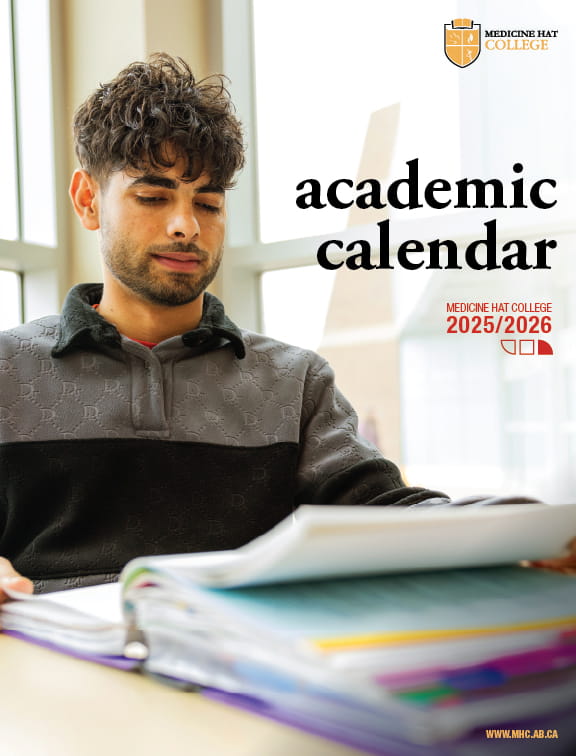Child and Youth Care Counsellor
The Child and Youth Care Counsellor program provides you with the skills and competencies to improve the physical, emotional, intellectual and social development of vulnerable children, youth, and families who may have suffered physical, sexual, or emotional abuse, neglect, failure, family breakdown, and may have behavioural and/or learning difficulties.Preparation for a career in Child and Youth Care Counselling demands a commitment to learning the essential components of developing healthy, caring relationships, as well as a look inward to learn to understand yourself and your ability to help others. The dynamics of abuse and neglect and the treatment of those issues are explored through courses in professionalism, children and the law, psychology, treatment methods, counselling skills and caring for at-risk youth. Education in group process, family dynamics, and ethics is also offered to enhance personal development and growth.
As a student, you’ll be trained in professional practice, communication, self-awareness, theory, and assessment and intervention. You will also be out in the community applying your skills and knowledge in three of the four semesters of course work. Throughout, you will be involved in numerous group projects, role plays and counselling sessions. After graduation, you have the option to use your diploma as credit towards a degree at a number of partner institutions.
MHC is a member of the Alberta Child & Youth Care Educator’s Consortium, a group that advocates for curriculum that is accepted and recognized among all institutions.
High School
- ELA 30-1 (min. 60%) or ELA 30-2 (min. 70%)
- One 30-level academic subject (min. 60%)
- Three 30-level, 5-credit subjects (min. 60%,
maximum of 5-credits of
CTS courses)
Mature Route
- ELA 30-1 (min. 60%) or ELA 30-2 (min. 70%)
- One 30-level academic subject
Transfer Route
- ELA 30-1 or ELA 30-2
- Eight courses from an accredited post-secondary institution with a minimum of a “C” grade.
Pre-Program Requirements
Along with the academic requirements, you must also meet ALL of the following non-academic requirements. Upon acceptance, and prior to the first day of practicum, you are asked to submit:
- CPR and First Aid Certificates
- Police Information Check (Students are obligated to inform the Program Coordinator immediately of any change in the status of their criminal record.)
- Intervention Record Check
First Year
Fall Semester
- CYCC 111* - The Profession of Child and Youth Care
- Junior ENGL
- IDST 100 - Introductory Communications for Helping Professionals
- KNES 281 - Introduction to Movement Activities of Children and Youth
- PSYC 201 - Introduction to Psychology II - Social Science
Winter Semester
- CYCC 120 - Practicum I
- CYCC 122 - Working with Vulnerable Children, Youth and Families
- CYCC 125 - Fundamental Skills in Counselling
- Junior ENGL
- MICO 191 - Introduction to Microcomputers
- PSYC 351 - Developmental Psychology
Second Year
Fall Semester
- CYCC 230 - Practicum II
- CYCC 233 - Legal and Cultural Issues Regarding Children and Youth
- CYCC 235 - Group Facilitation
- CYCC 237 - Youth Care Practice with Families
- PSYC 357 - Human Development
Winter Semester
- CYCC 232 - Mental Health & Substance Abuse Issues
- CYCC 240 - Practicum III
- CYCC 245 - Assessment and Intervention
- PSYC 385 - Introduction to Abnormal Psychology
The Child and Youth Care Counsellor program has a major practicum component. During the first year, you will observe different agencies while gaining information about many others. This experience assists in determining a successful placement in the second year. As part of an integration of practice and theory, you are in practicum placements two days (15 hours) per week for the entire second year of the program. You will apply for practicum placements and through an interview process must show a high level of commitment and professional suitability to the agency. You may be placed outside of Medicine Hat for the second year practicum.
As stated in the Child and Youth Care Association of Alberta's Code of Ethics, it is the professional responsibility of members to maintain their personal, physical and emotional well-being. Students are expected to meet the physical demands of meeting clients in their own life space, and to always maintain healthy, professional boundaries. Should the program coordinator judge, in consultation with faculty, that there is evidence that you are professionally unsuitable or a risk to clients, the coordinator may prohibit you from attending or completing the practicum.






